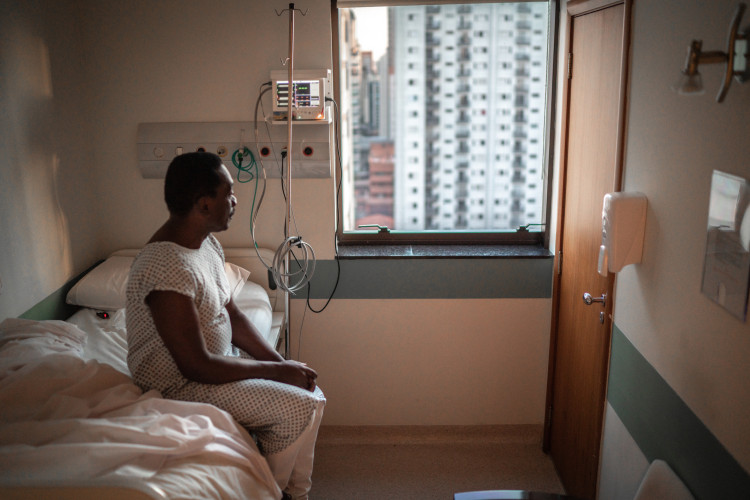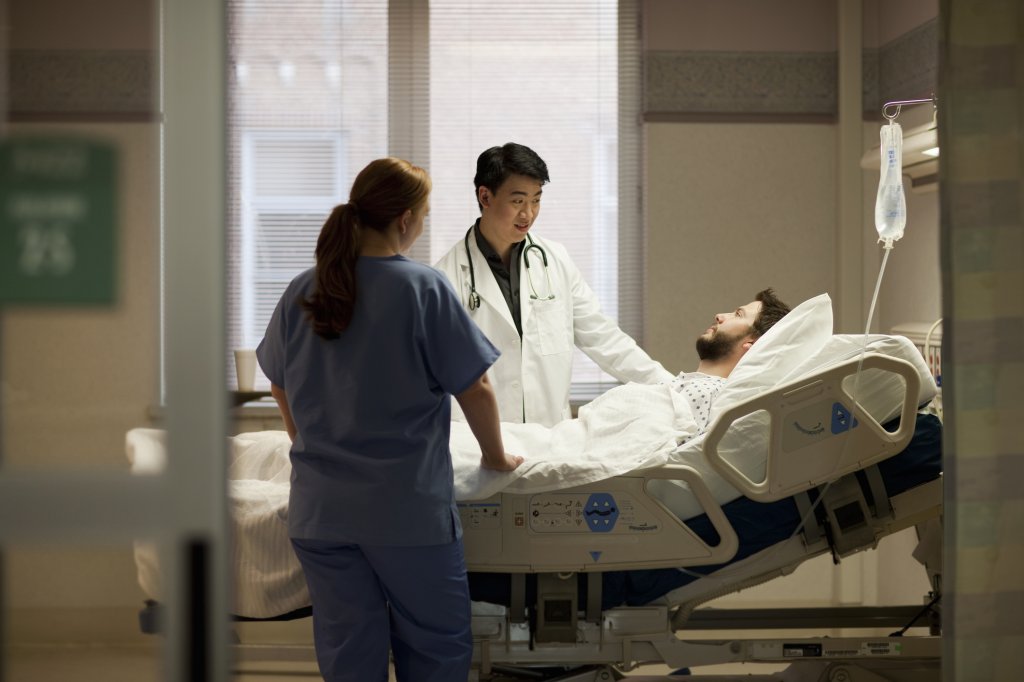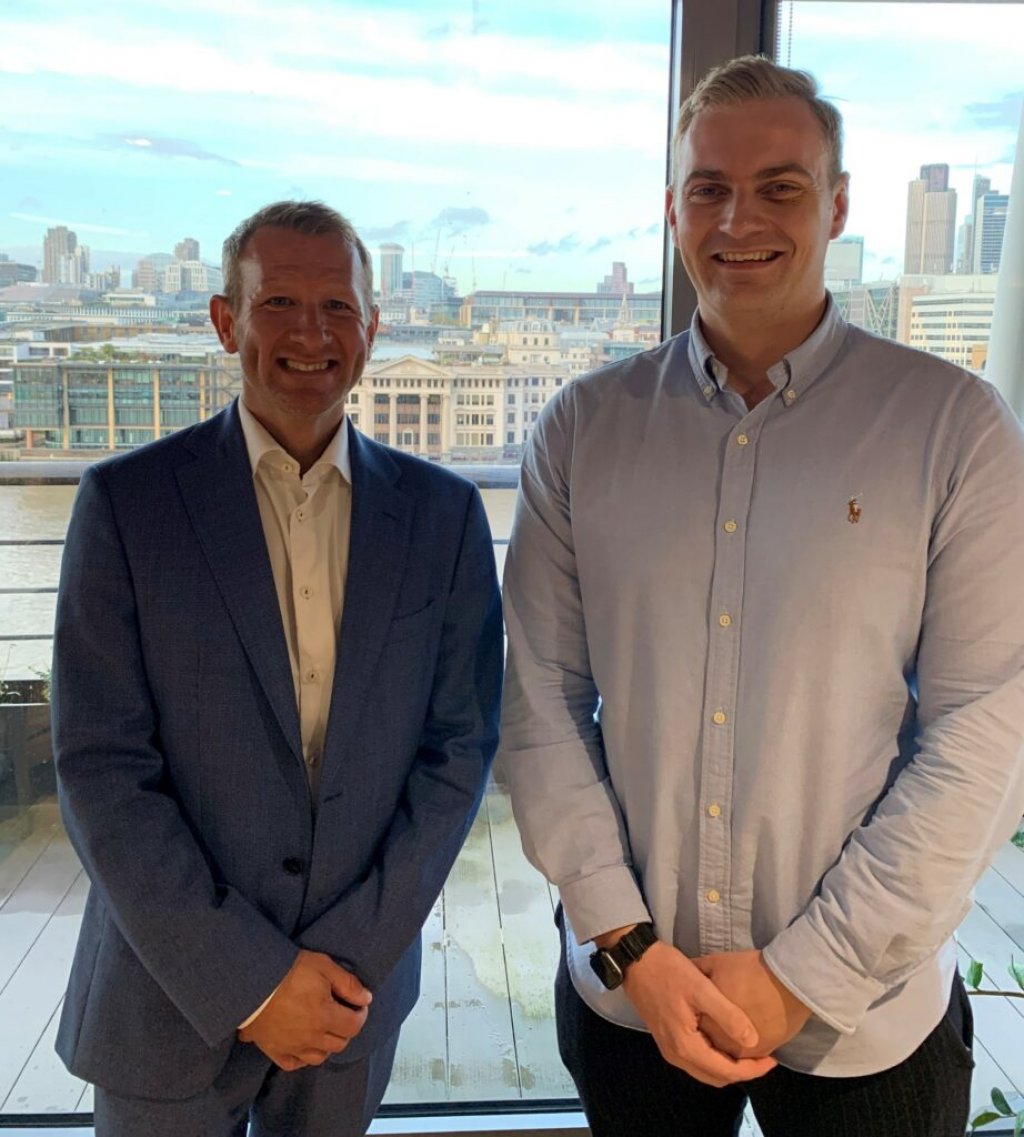One of the most exciting things about working in health policy is that you often end up learning a great deal about a very complex, niche issue. Over recent years, that might be an extremely rare genetic disease, or a particularly complex section of a late-stage cancer pathway.
However, possibly accelerated by COVID-19, health policy is increasingly looking towards big population health issues such as obesity and antimicrobial resistance. The past two years has also seen our society as a whole become more engaged in these types of challenges. It is now no longer only those working in healthcare or health policy discussing how we overcome these major threats to national health.
Sepsis is perhaps one significant health challenge facing the UK and the rest of the world which has received relatively little attention or focus to date. Of particular concern is the limited awareness of sepsis, its impact, and how it is managed.
The statistics are stark:
At least 245,000 cases in the UK every year
Up to 48,000 deaths in the UK every year
5 people die with sepsis every hour in the UK
25,000 hospital admissions with sepsis each year in the UK occur in children
40% of all sepsis survivors suffer permanent, life-changing after effects
Sepsis kills more than breast, bowel and prostate cancer combined
IF ANYONE WERE TO ASK ME, CAN COVID-19 CAUSE SEPSIS? ABSOLUTELY YES. AROUND 80% OF PEOPLE IN INTENSIVE CARE UNITS NOW WITH SARS-COV-2 INFECTION ARE THERE BECAUSE THEY HAVE SEPSIS, SO VIRUSES CAN TRIGGER SEPSIS.
Dr Ron Daniels, Chief Executive and Founder of the UK Sepsis Trust
What is Hanover doing?
As an organisation working in health policy, we wanted to better understand sepsis and how we can spot the signs and symptoms early. That’s why we invited Dr Ron Daniels, Chief Executive and Founder of the UK Sepsis Trust to deliver a training session on sepsis.
Ron gave a truly insightful session on this major health threat, sharing his experiences of working with sepsis and the major developments that his organisation had made since its creation. Ron and the UK Sepsis Trust has operationally transformed the delivery of reliable sepsis care in the UK and beyond, through for example, the creation of the Sepsis 6 treatment pathway. Through the work that the UK Sepsis Trust has done with Hanover, we are now proud to say that we are ‘sepsis savvy’.
Despite our interest in health, some members of the team questioned why we would need to be ‘Sepsis Savvy’. What are the chances of anyone at Hanover being impacted by sepsis?
We soon knew. Our session with Ron gave our colleague Kieran a chance to share his story of a sepsis diagnosis. Kieran told us that:
“I developed sepsis after having appendicitis. My appendix ruptured when my condition was misdiagnosed, causing the infection to spread.
As the days went by and my infection worsened, I became more and more confused, suffering from extreme shivering, breathlessness and an overwhelming belief that I was going to die.
It was only due to the quick thinking of my girlfriend and persistence in trying to alert clinicians to my symptoms that I survived. If she hadn’t acted, I may not be here today.”
Kieran’s traumatic experience, characterised by a lack of symptom awareness and delayed diagnosis, has had a profound impact on the company’s desire to become sepsis savvy. Most notably, Kieran’s story showed that any one of us could be impacted by sepsis without warning.
Hanover believes that all organisations should become sepsis savvy, so that a diagnosis can be made in a timely manner, and the right care implemented, improving the chances of stopping preventable deaths.
AS KIERAN SHOWS US, SEPSIS CAN AFFECT ANYONE AT ANY AGE. THE KEY TO IMPROVING OUTCOMES IS THROUGH COMMUNICATION AND AWARENESS – EMPOWERING PEOPLE TO “JUST ASK: COULD IT BE SEPSIS?”. THAT’S WHY THE UK SEPSIS TRUST IS DELIGHTED THAT HANOVER HAS SIGNED UP TO BECOME A SEPSIS SAVVY ORGANISATION, COMMITTING TO EDUCATING ITS STAFF AND BROADER FAMILY ABOUT SEPSIS.
Dr Ron Daniels
What is sepsis?
Sepsis (also known as blood poisoning) is the immune system’s overreaction to an infection or injury. Normally our immune system fights infection – but sometimes, for reasons we don’t yet understand, it attacks our body’s own organs and tissues. If not treated immediately, sepsis can result in organ failure and death. But with early diagnosis, it can be treated with antibiotics.
Spotting the symptoms
Sepsis can initially look like flu, gastroenteritis or a chest infection. There is no one sign, and symptoms present differently between adults and children.
Seek medical help urgently if you (or another adult) develop any of these signs:
Slurred speech or confusion
Extreme shivering or muscle pain
Passing no urine (in a day)
Severe breathlessness
It feels like you’re going to die
Skin mottled or discoloured
For more information, please visit https://sepsistrust.org/about/
1 https://sepsistrust.org/about/about-sepsis/references-and-sources/









